
While our skin barrier is nothing new (we all have one, after all) it’s certainly become a bit of a beauty buzz term in the past couple of years—and for good reason. Growing use of active ingredients like exfoliating acids and retinoids has resulted in many of us, unknowingly, going a little overboard with our skincare… The result? Increased sensitivity, redness, dry skin, and a rise in cases of perioral dermatitis. All common signs of a damaged skin barrier.
This explains why over the past year, there’s been a slew of new products with a focus on soothing and repairing skin, and even entirely new brands dedicated to the sole purpose of looking after our skin barrier.
The thing is, while acids and retinoids are amazing ingredients for brightening, smoothing, and clearing skin, it’s important to know how they impact skin barrier health—and in turn why it’s so important to keep the skin barrier front of mind in your skincare routine. But what exactly is the skin barrier, and why is it so important? Ahead, dermatologist Cristina Psomadakis answers all of our questions about the skin barrier, and offers her best tips and top product recommendations.

“This skin barrier is the topmost layer of our skin, and its function is really to keep the good things in and the bad things out,” explains Psomadakis. “It is sort of a protective wall that bears the brunt of harsh chemicals, strong wind, sun and rain, abrasive clothing, and injury. If our skin barrier is damaged it is like having a faulty wall in the house, things can get in causing infection or pain, and things can escape like heat and hydration.”
As a beauty editor, I test products for a living, so I’m definitely guilty of overdoing it sometimes with my skincare. However, understanding the “red flags” of a compromised skin barrier has really helped me to know when I’ve gone too far and need to rein things back in and focus on barrier repair.
“A damaged skin barrier can look flaky, red or raw, it can feel itchy, dry, stingy or sensitive,” says Psomadakis. “These are all symptoms and signs that your skin has taken a hit and needs some time and gentle care to recover.” For me personally, when I notice products stinging upon application, or my skin looks particularly red (especially around the centre of my face), these are all key warning signs that my skin barrier might be compromised.
“It is really important recognise if there is an underlying cause behind the impaired skin barrier and the best way to address it,” explains Psomadakis. “If the damage is down to a medical skin condition that can be chronic you might need long term use of rich moisturisers and medical therapies.”
“If it is due to something temporary, like the result of a sunburn or over exfoliating, then time and a gentle fragrance free moisturiser is key, she adds. “Time is a great healer, but look out for gentle ingredients like ceramides and natural moisturising factors, and avoid products with fragrance while the skin heals.”
Of course, skin barrier repair isn’t just a one-and-done solution. It’s essential to understand the root causes of skin barrier damage in order to prevent it from occurring again. According to Psomadakis, sometimes a damaged skin barrier can be beyond our control, and can be a result of a medical condition like eczema or psoriasis. “Everyone needs to be mindful of environmental factors that can damage the skin barrier, such as harsh weather, habits, or products, so we can reduce our exposure to them”.
If you’re guilty of over-exfoliating your skin or layering too many products with active ingredients together, then simplifying your skincare routine and reducing your use of exfoliating products to just one or two times a week is a great place to start.
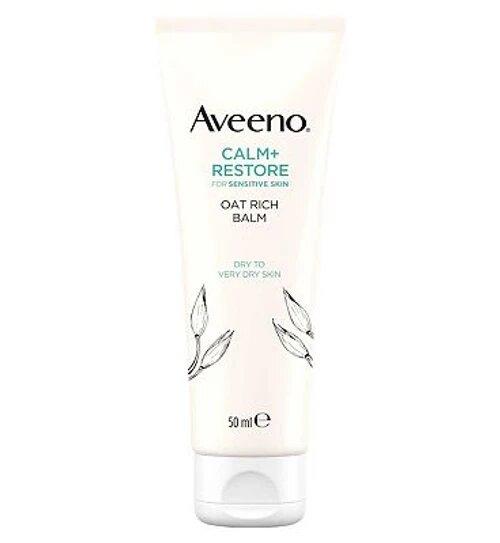
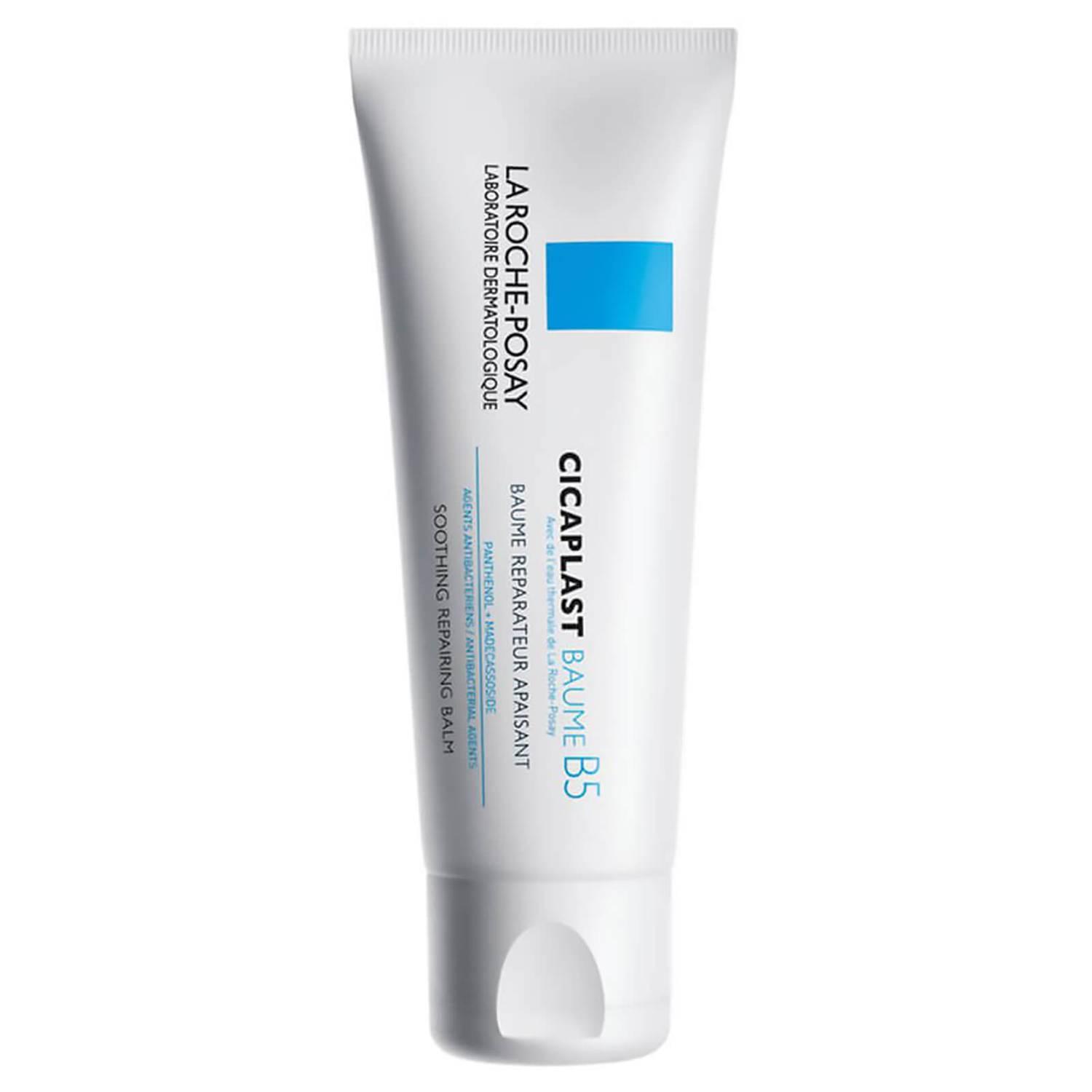
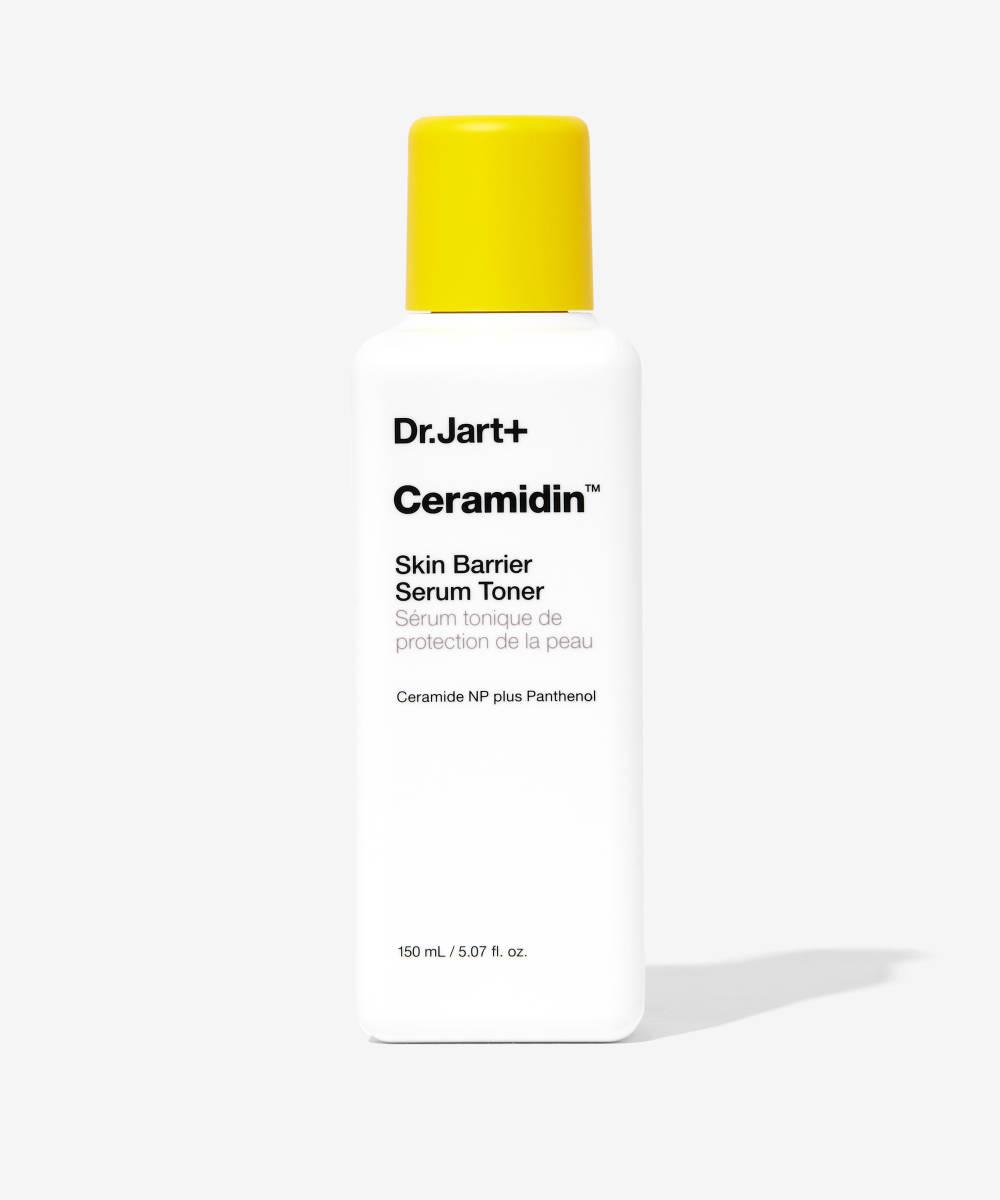
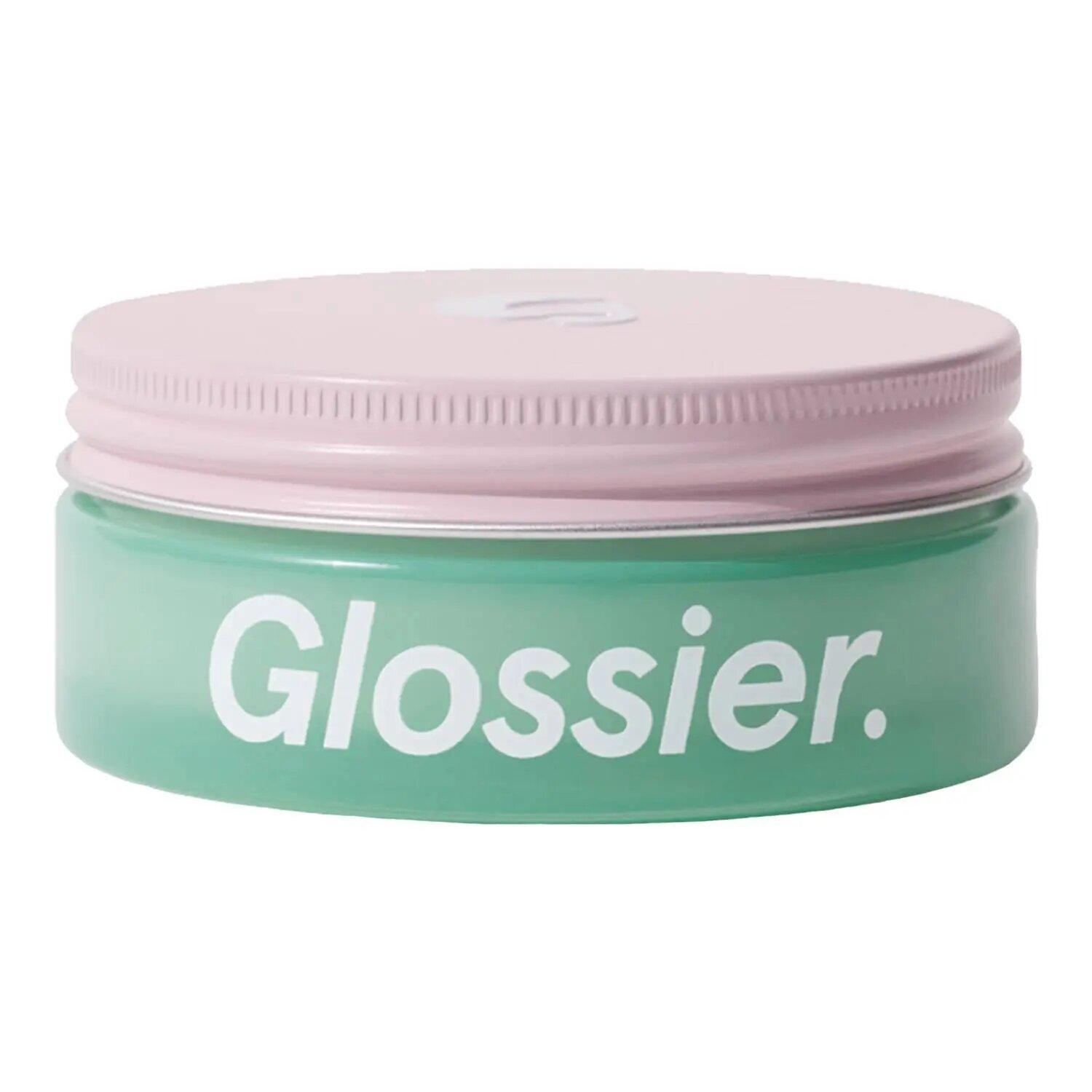
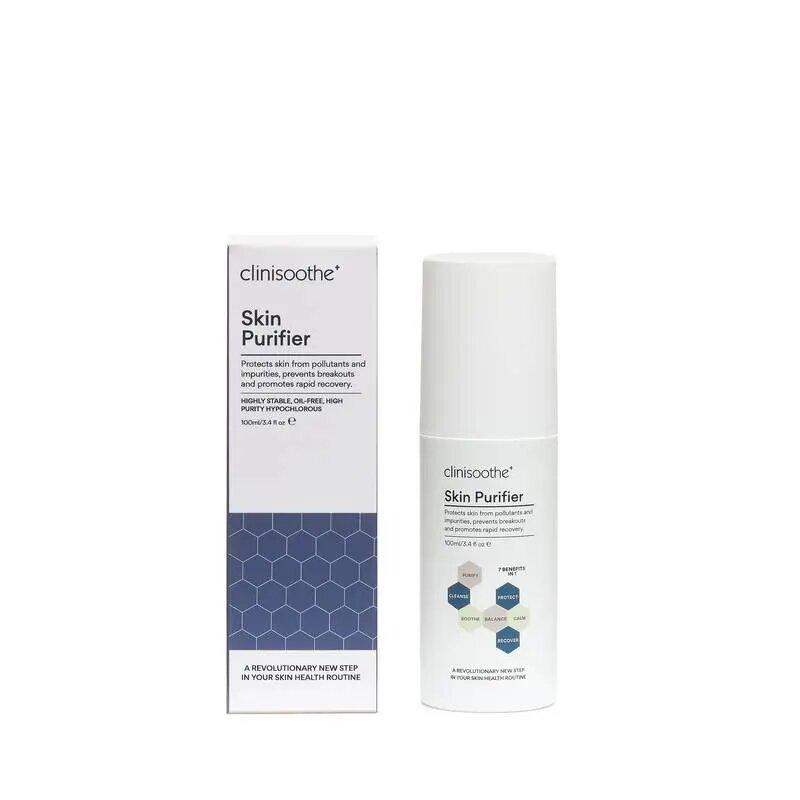
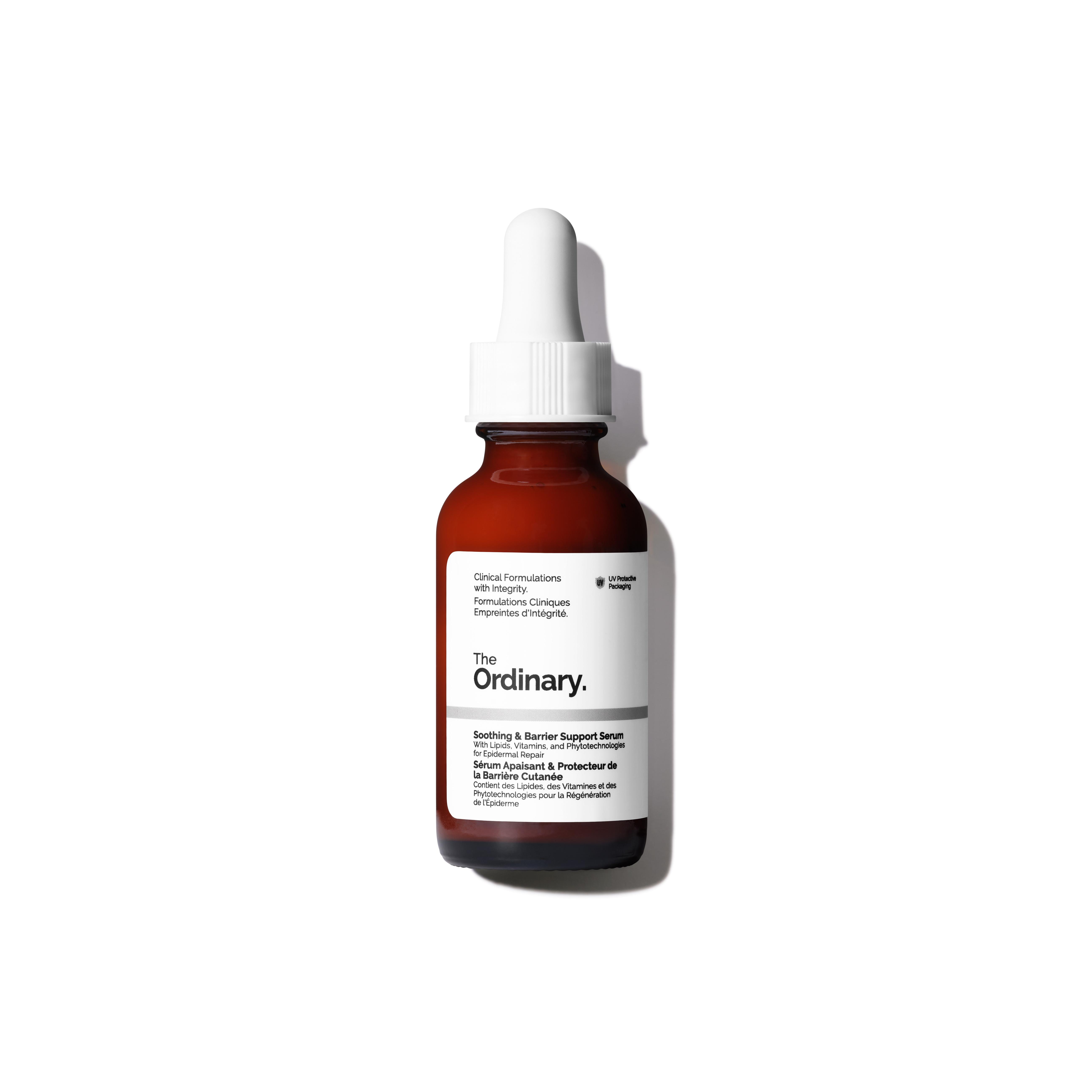
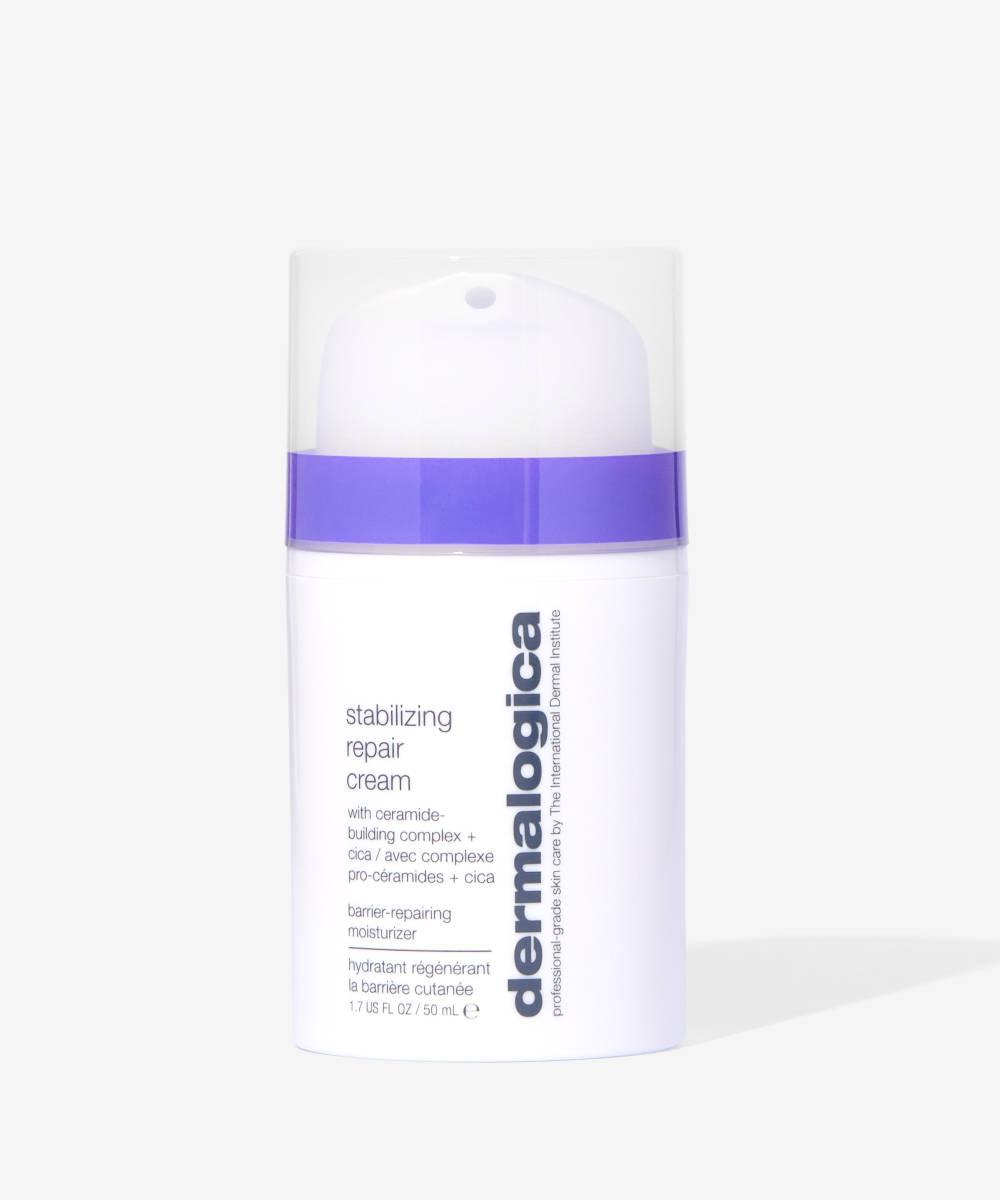
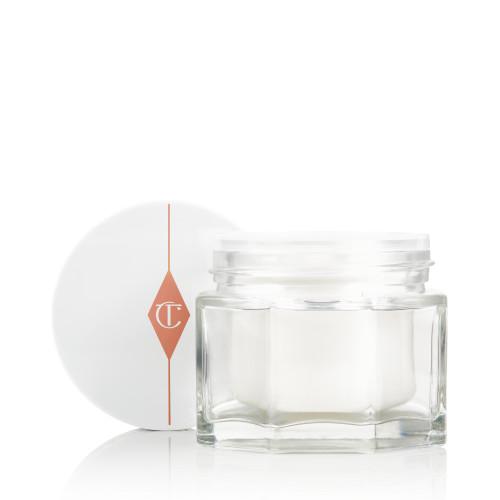
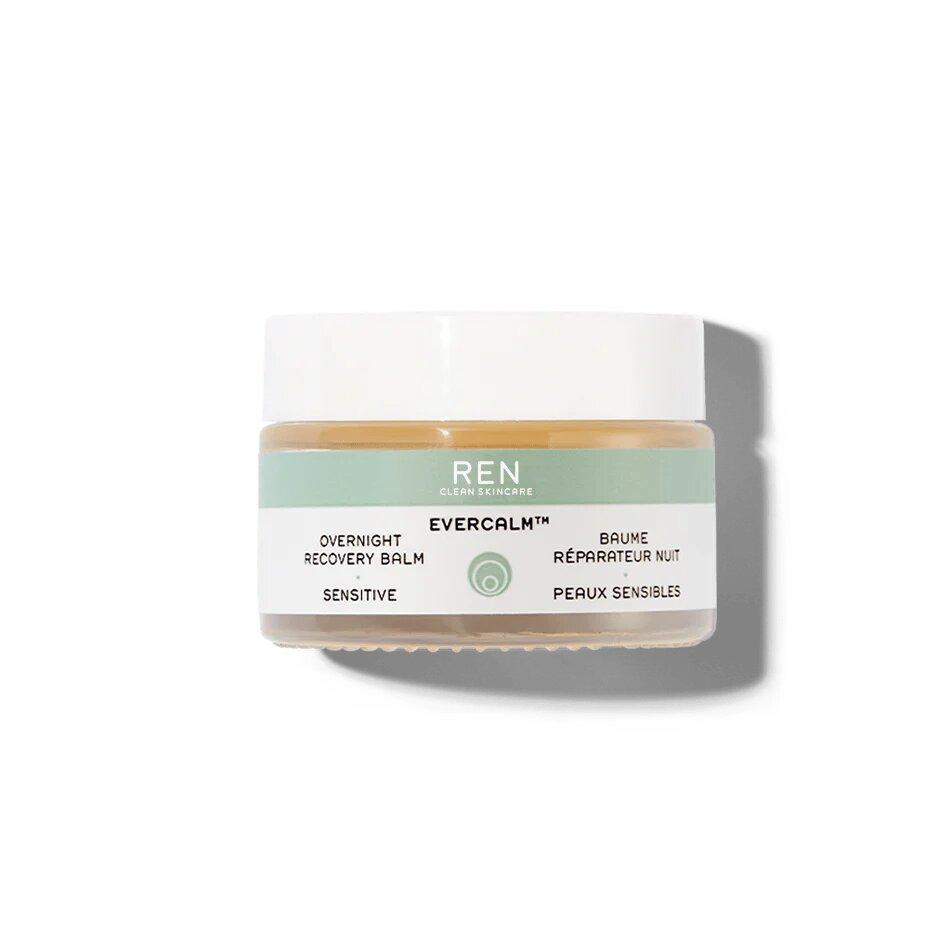
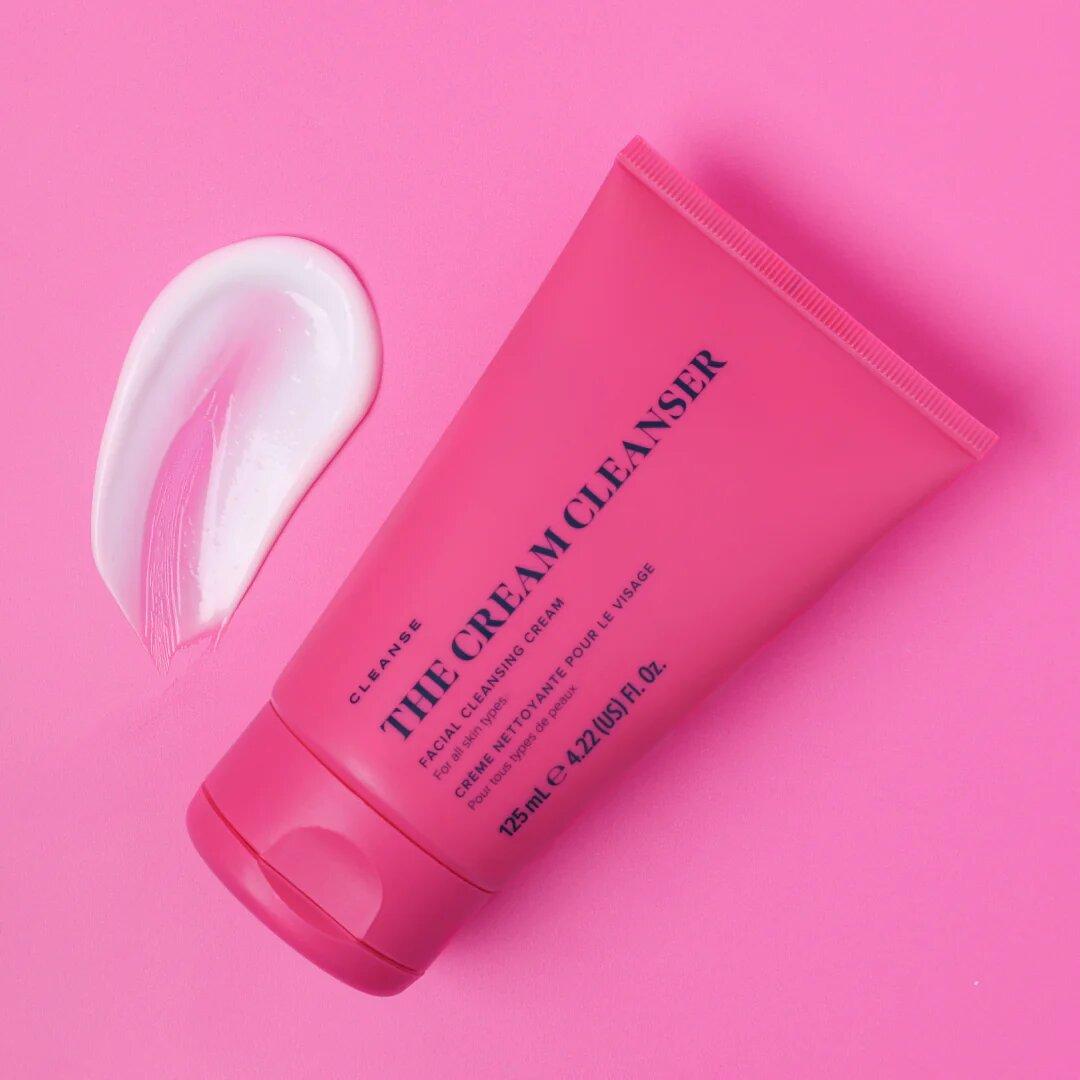
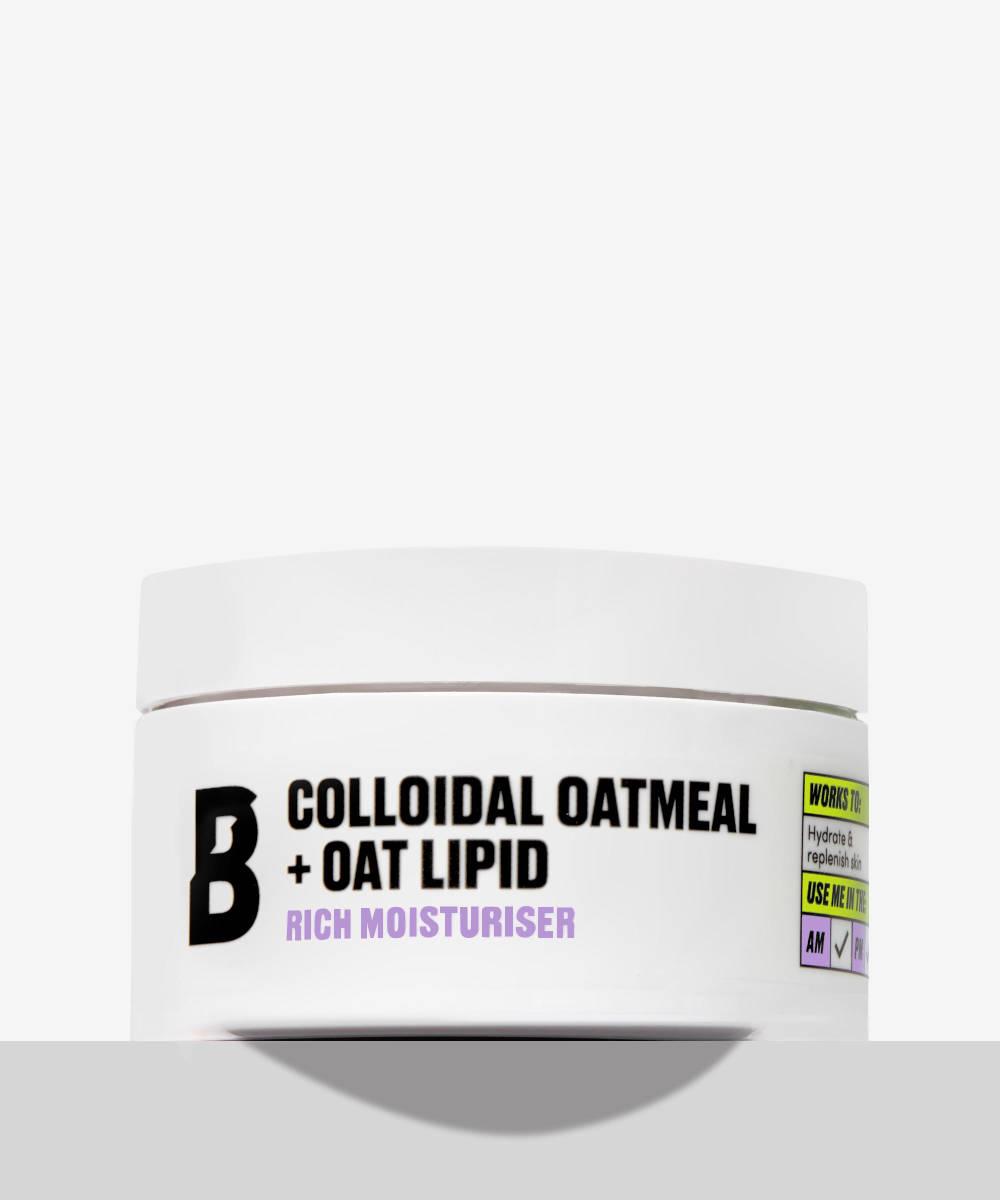
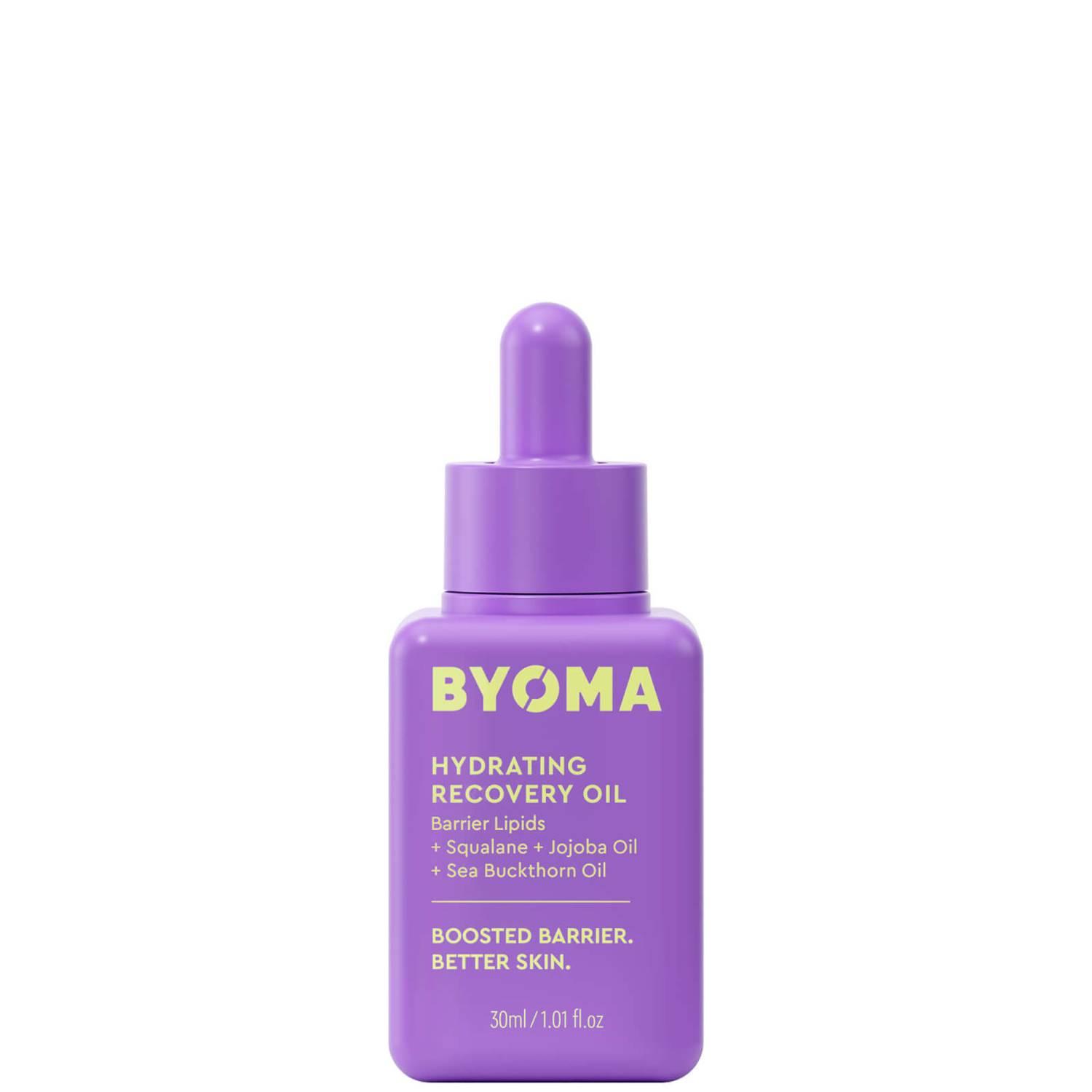
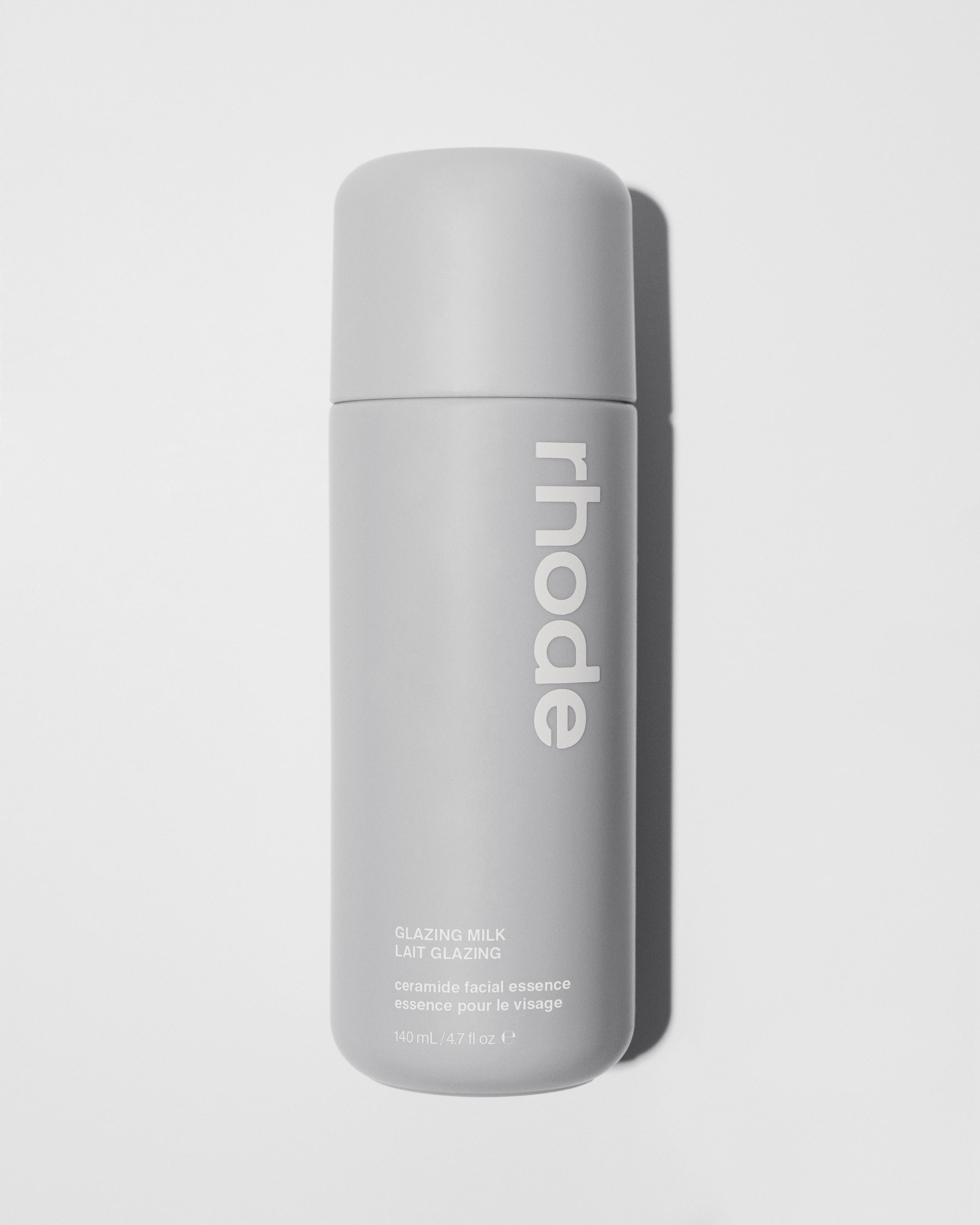

Up Next: Dermatologists Say These 3 Products Are Not Worth Splashing On—But These 3 Are




